There's too many replies here to quote so I'll try and sum up areas that I wanted to share my personal opinion / experience on:
First issue - why did you blow up a piston? That should be identified first. Was it a fueling issue (95/100 it usually is)?
If you want to "build" a motor, go with forged internals.
Draw back on forged internals is the added noise until they warm up and the expansion like someone said. You should not drive the car around until you've givin' the motor a chance to heat up. Now, what does that mean temp wise? It's really just a few minutes to allow the cylinder walls to warm up along with the pistons themselves and getting the coolant around the motor warm all together. If you turn the key and 'go', you'll be off slightly in tolerances between the piston's skirt and cylinder walls which can sometimes be faintly heard like chatter. This will mark the piston's skirts and walls slightly; overtime will create extra wear.
Thermal coating on top of the pistons is amazing and helps fight pre-detonation big time. Labristic coatings on the piston's skirts help with not only lubrication but also fitment into the cylinder bores. All of which needs to be spec'd out as coatings add a few thousandths of an inch. With the proper piston ring selection, cut and material, you shouldn't have faster wear unless you're really pushing the motor's cylinder pressure (meaning, big a$$ turbo).
Why drop in a junkyard motor when you'll prolly have to 'fix that one up'? Unless its a 2012+ where it has the newer timing tensioner and later generation OE pistons which don't have oil consumption issues. That means you'll be spending more money obtaining a newer year engine.
What lettuce said in regards to the proper crown of the piston is critical; much so that the incorrect type will cause all sorts of combustion, fueling and pre-detonation issues you'll drive the car off a cliff.
A 9.5:1 compression ratio is lower than stock which is 9.6:1. That means, naturally, you will lose some HP because of the less 'static' compression. This can be made up for by increasing the 'dynamic compression'; aka turn up the boost! I'm not sure how a stock K03 and stock or even some tunes will handle this gap (may not make up for it).
Different type of pistons will have different thermal characteristics which can affect pre-detonation; however, a good forged piston, made by a reputable company won't have that issue. Furthermore, adding thermal coating to the crowns of the pistons helps combat against hot spots. The wording of 'different pistons have different knock characteristics' is incorrect context as 'knock' is technically past-tense

I posting in a different thread where the OP stated he ordered an engine from IE. Me, personally, I've built many motors. Unless I 'know' the shop and the shop is also willing to provide the full spec sheet on said motor, I will not purchase a solution from them. You are literally buying blind. There are so many things that go into the build of an engine especially when you blueprint it. Deck height/correction, bore line, main journal specs, rod pin and journal specs, pistons, piston wrist pins, weight of all of what I said and more and let's throw in the harmonic balancer.
I wish the best of luck to ya on your purchase and build. If it was me, I wouldn't be able to sleep at night knowing it's not a complete end to end solution.














 Reply With Quote
Reply With Quote


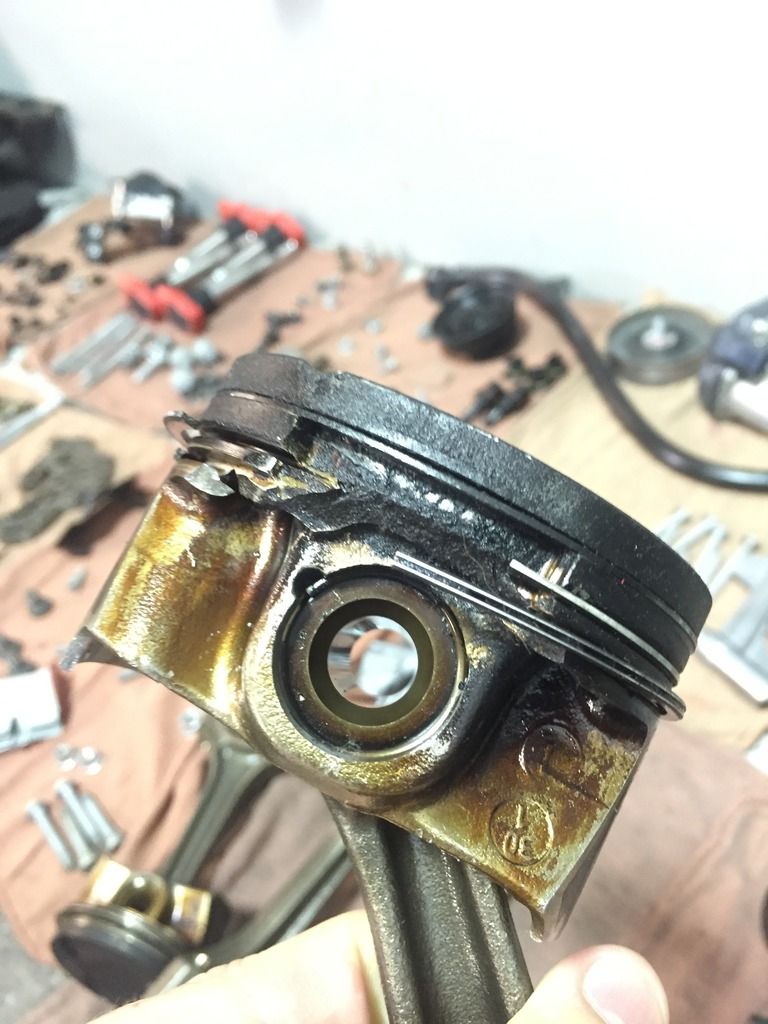
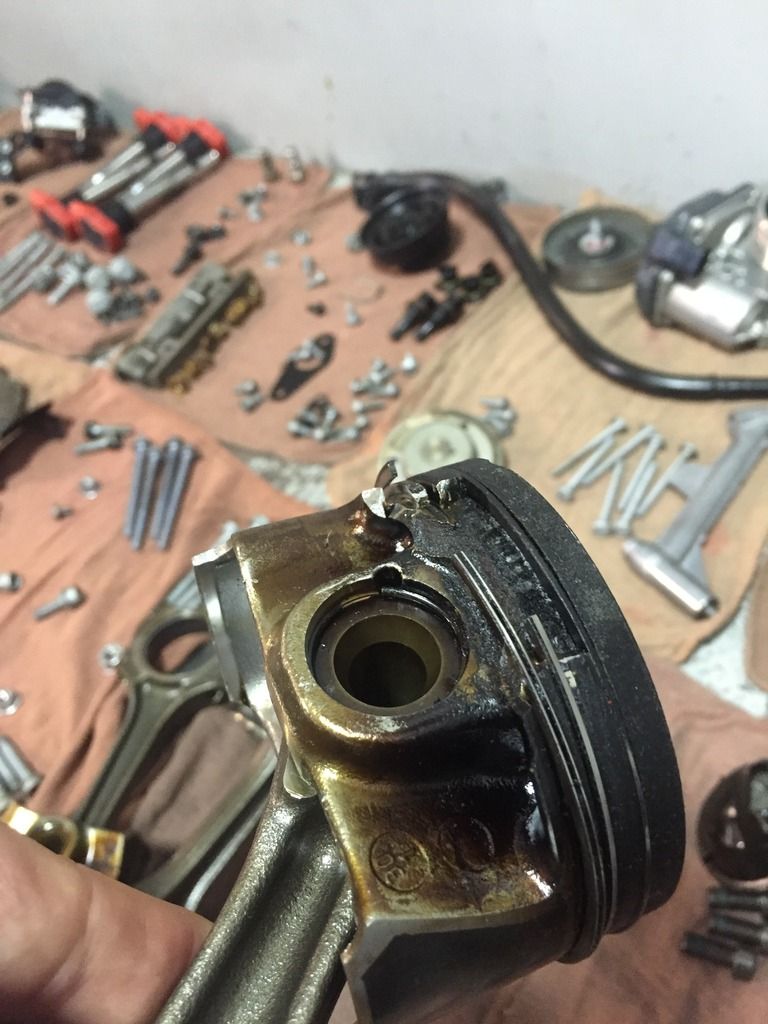
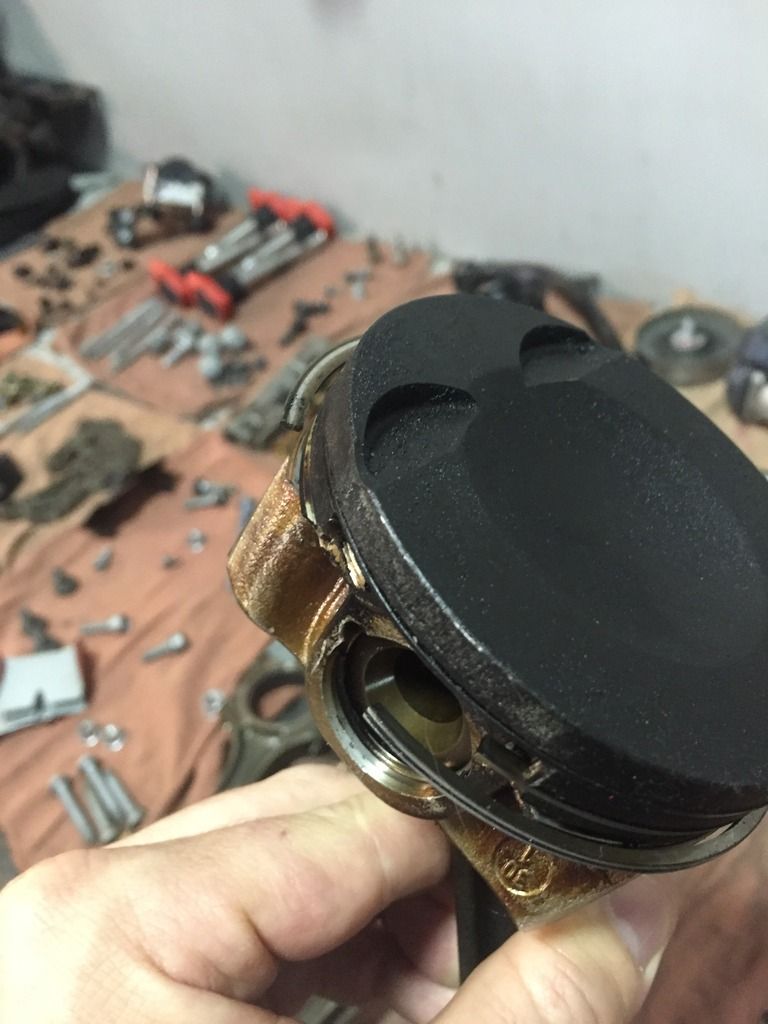
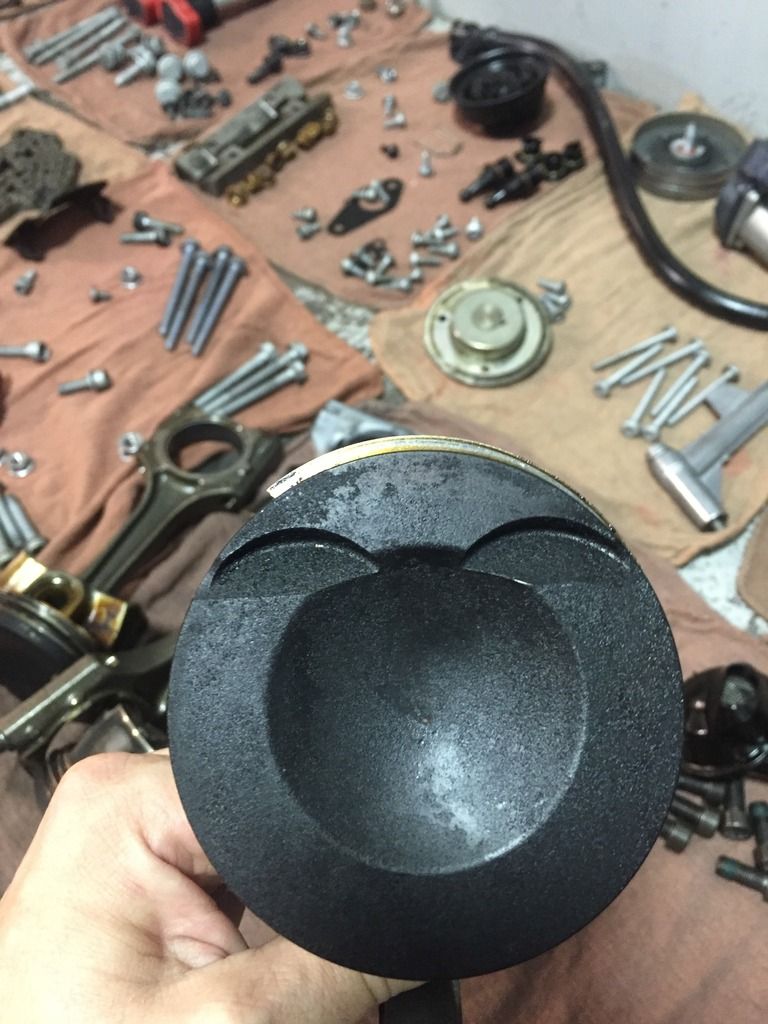
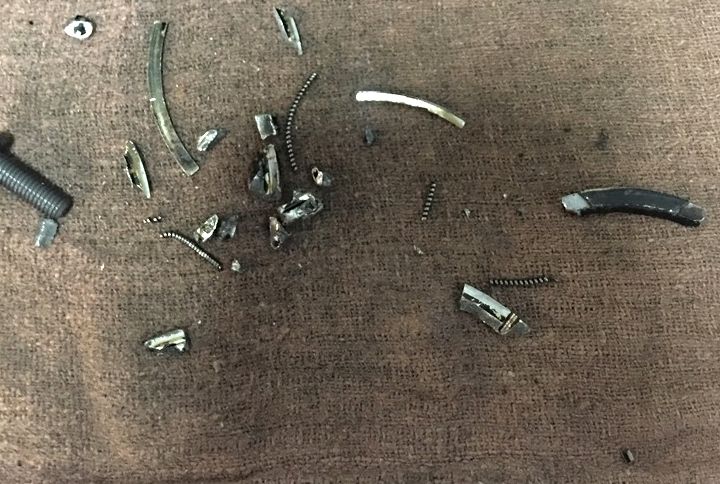



Bookmarks